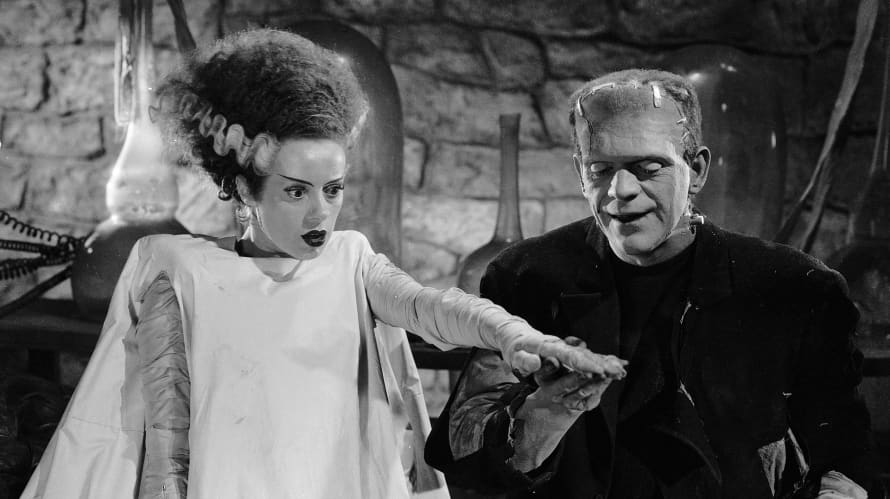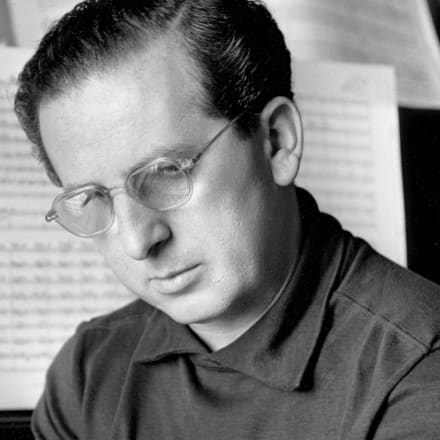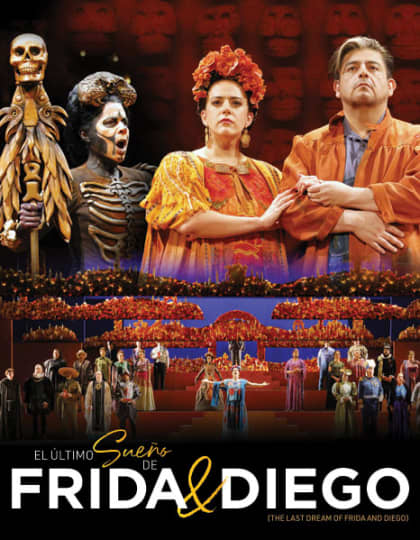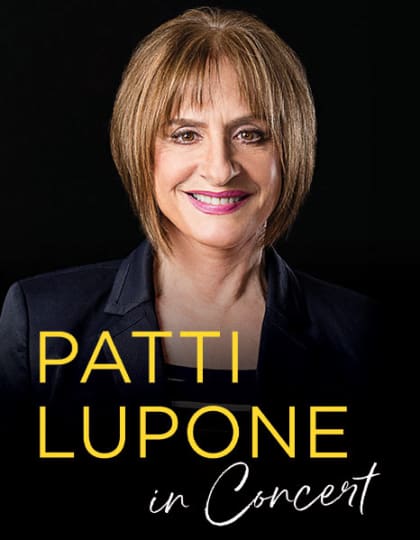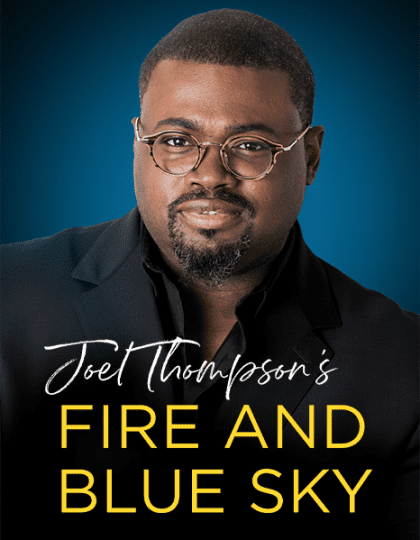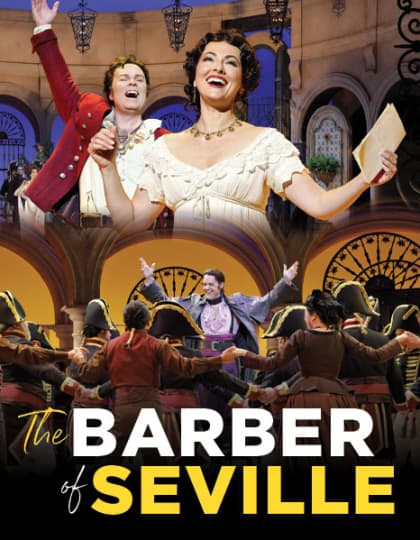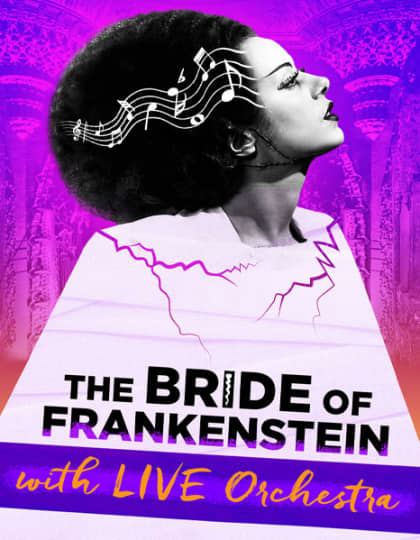Franz Waxman led a variety of musical lives as composer, conductor and impresario. He was born in Konigshutte, Upper Silesia, Germany, on December 24, 1906, and was the youngest of six children. No one in the family was musical except Franz, who started piano lessons at the age of seven. His father was an industrialist, and not believing his son could earn a living in music, encouraged him in a banking career. He worked for two and a half years as a teller and used his salary to pay for lessons in piano, harmony and composition. He then quit the bank and moved to Dresden and then to Berlin to study music.
During this period he paid for his musical education by playing piano in nightclubs and with the Weintraub Syncopaters, a popular jazz band of the late 1920s. While with the band, he began to do their arrangements, and this led to orchestrating some early German musical films. Frederick Hollander, who had written some music for the Weintraubs, gave Waxman his first important movie assignment: orchestrating and conducting Hollander’s score for Josef von Sternberg’s classic film The Blue Angel. The film’s producer, Erich Pommer, who was also head of the UFA Studios in Berlin, was so pleased with the orchestration of the score that he gave Waxman his first major composing assignment: Fritz Lang’s version of Liliom (1933), which was filmed in Paris after their exodus from Germany. Pommer’s next assignment, Jerome Kern’s Music in the Air (Fox Films, 1934), took him to the United States, and he brought Waxman with him to arrange the music.
Waxman’s first original Hollywood score was James Whale’s The Bride of Frankenstein (1935), which led to a two-year contract with Universal as head of the music department. He scored a dozen of the more than 50 Universal films on which he worked as music director. Among the best known are Magnificent Obsession, Diamond Jim and The Invisible Ray.
Two years after he went to Hollywood, Waxman, then 30, signed a seven-year contract with Metro-Goldwyn-Mayer to compose. He averaged about seven pictures a year, and it was during this period that he scored such famous Spencer Tracy films as Captains Courageous, Dr. Jekyll and Mr. Hyde and Woman of the Year. In 1937, he was loaned by M-G-M to David O. Selznick for The Young at Heart and was nominated for both Best Original Music and Best Score – the first two of 12 Academy Award nominations he was to receive for the 144 films he scored in his 32 years in Hollywood. In 1940 he was again loaned to Selznick, this time for Rebecca, and was nominated for his third Academy Award.
Waxman left M-G-M in 1943 and began a long association with Warner Brothers.
In 1947 Waxman founded the Los Angeles International Music Festival, which he was to head for 20 years. World and American premieres of 80 major works by composers such as Stravinsky, Walton, Vaughan Williams, Shostakovitch and Schoenberg were given at the festival.
By 1947 Waxman had a busy schedule indeed. In addition to devoting a great deal of time to the festival, he was in demand at all the major studios, was guest conducting symphony orchestras in Europe as well as in the United States and was composing concert music. For the film Humoresque he wrote a special piece based on themes from Bizet’s Carmen, which was played by Isaac Stern on the soundtrack. The Carmen Fantasie has become standard repertoire and was recorded by Jascha Heifetz for RCA. Among Waxman’s other concert works are Overture for Trumpet and Orchestra, based on themes from The Horn Blows at Midnight; Sinfonietta for String Orchestra and Timpani; a dramatic song cycle The Song of Terezin, and an oratorio, Joshua.
Waxman won the Academy Award in 1950 for Billy Wilder’s Sunset Boulevard and in 1951 for George Stevens’ A Place in the Sun. For over half a century, he was the only composer to have won the award for Best Score in two successive years. It was during the ‘50s and ‘60s that he composed some of his most important and varied scores. These are represented by the above two Academy Award winners as well as by Prince Valiant and Taras Bulba. He had usually been associated with romantic films, but now he progressed to epic and jazz-oriented scores. Crime in the Streets, The Spirit of St. Louis, Sayonara, Peyton Place and The Nun’s Story are also from this period and the complete scores were issued on soundtrack albums. Franz Waxman received many honors during his lifetime, including the Cross of Merit from the Federal Republic of West Germany, honorary memberships in the Mahler Society and the International Society of Arts and Letters, and an honorary doctorate of letters and humanities from Columbia College. He died on February 24, 1967, in Los Angeles at the age of 60.
Learn more at FranzWaxman.com.
